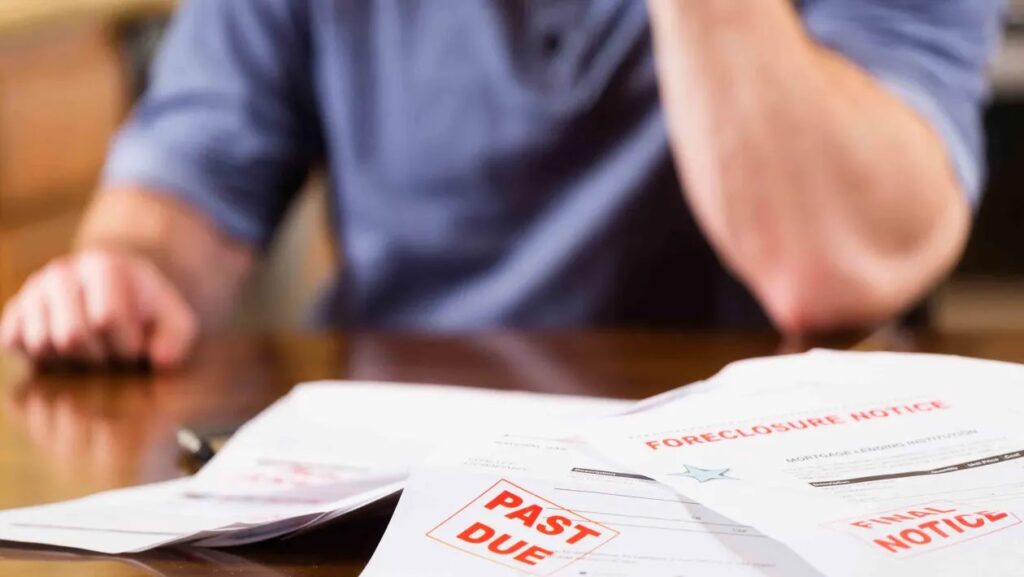If your financial situation has deteriorated to the point where filing for bankruptcy appears to be your best option, you might be apprehensive or wonder what the future holds as you begin the process. Along with hiring an attorney who specializes in bankruptcy, you will also need to be familiar with many other details that will emerge along the way. From knowing which paperwork to file by which deadlines to understanding which of your debts will be eligible for discharge, these and other aspects will determine how your case will play out and be resolved. As you prepare to start this legal and financial journey, here are some facts you should keep in mind.
An Automatic Stay
If you have had creditors breathing down your neck wanting their money, filing for bankruptcy will result in an automatic stay being put in place by the court. Once your paperwork is filed, all court cases, trials, and attempts at debt collection must halt, which will give you the time needed to begin your bankruptcy proceedings.
Assignment of a Trustee
When you file your paperwork with the court, the courts will not necessarily take whatever facts and figures you provide at face value. As a result, bankruptcy law requires that a trustee be assigned to review the documents you provide. Should any discrepancies be found, you will need to be able to explain these in a manner that satisfies the court. Otherwise, you could be facing additional legal issues.
This is one of the reasons it is so highly recommended that you have an attorney working with you on your proceedings. Bankruptcy law can be complex, and you may accidentally list incorrect information, which can damage your position. An attorney can help guide you through the process to ensure you get everything correctly recorded the first time.
Attending the Creditors’ Meeting
Along with the court appearances you will need to make during your bankruptcy proceedings, you will also need to attend what is known as a creditors’ meeting. Usually held at the courthouse, you may or may not face some of your creditors, since they have the option to not show up for this meeting. Nevertheless, expect to answer many questions from your trustee, and don’t be surprised if you are asked to provide additional documents following this meeting.
Life After Bankruptcy
Once your bankruptcy proceedings are finished, you may assume life will return to normal. However, it may not be that easy. For many people, filing for bankruptcy leads to various problems during the first year or two. For example, you may have difficulties renting or buying homes, financing cars, and on other related matters. However, since you can start rebuilding your credit quickly, these problems tend to disappear sooner than anticipated.
Though declaring bankruptcy is a complex process, knowing what to anticipate as you file your paperwork will give you peace of mind and help eliminate crucial mistakes that could jeopardize your case.
